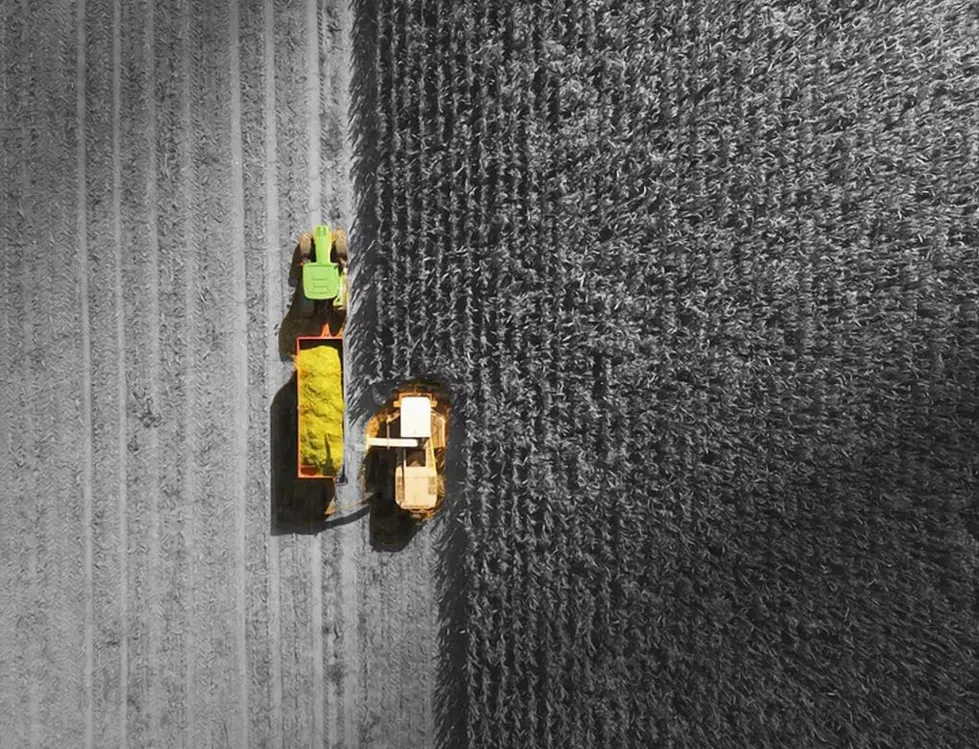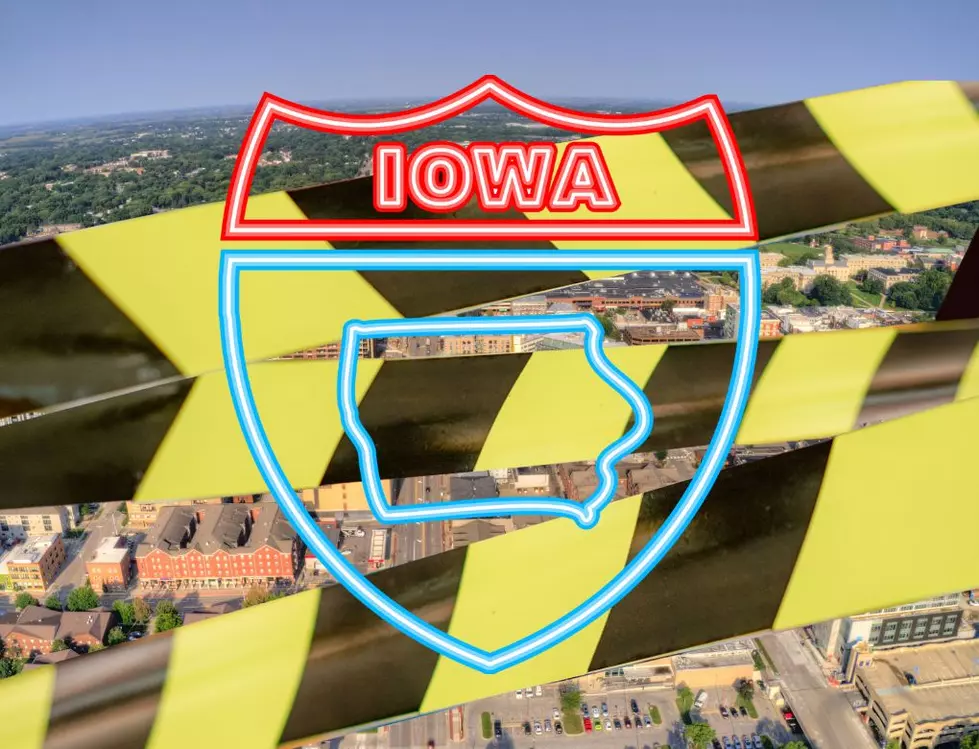
Waterloo Fined $275,000 For Sanitary Sewer Violations
The city of Waterloo will be required to pay a $275,000 fine and correct problems with its sanitary sewer system, according to a proposed settlement reached in federal court on Monday (Oct. 26, 2015).
The fine is in response to allegations by the Environmental Protection Agency (EPA) that the city's sanitary sewers have released an excess of untreated sewage during heavy rains, which is a violation of the federal Clean Water Act. Federal officials claim that over a seven-year period, Waterloo's sewer system released wastewater containing raw sewage onto public and private property at least 500 times.
The pending settlement between the EPA, U.S. Department of Justice and the State of Iowa, will require the City of Waterloo to assess its sanitary sewer system and develop a master plan to eliminate unlawful bypasses and sewer overflows, including discharges of sewage into the Cedar River and backups into homes and businesses.
A proposed consent decree, lodged Monday in U.S. District Court for the Northern District of Iowa in Cedar Rapids, would require Waterloo to perform comprehensive assessments of the capacity and condition of its waste-water treatment facility and sewer system, which includes approximately 400 miles of sanitary sewer lines and 300 miles of storm sewer lines.
Based on the information developed by those assessments, by December 31, 2017, the city would be required to submit to EPA and the State of Iowa a master plan describing remedial measures necessary to address the sewer system’s problems with capacity, inflow and infiltration, with the goal of eliminating sanitary sewer overflows and bypasses. Following review and approval of the master plan by EPA and the State of Iowa, Waterloo would then have until December 31, 2032, to complete all necessary work on its sewer system.
In addition to the $272,000 settlement, the consent decree would require Waterloo to complete a footing drain removal program that it has already begun, implement a sanitary sewer overflow response plan, and implement a comprehensive management, operations and maintenance program.
The consent decree is subject to a 30-day public comment period and approval of the federal court before it becomes final. A copy of the consent decree is available online: http://www.justice.gov/enrd/consent-decrees.
More From Q98.5








